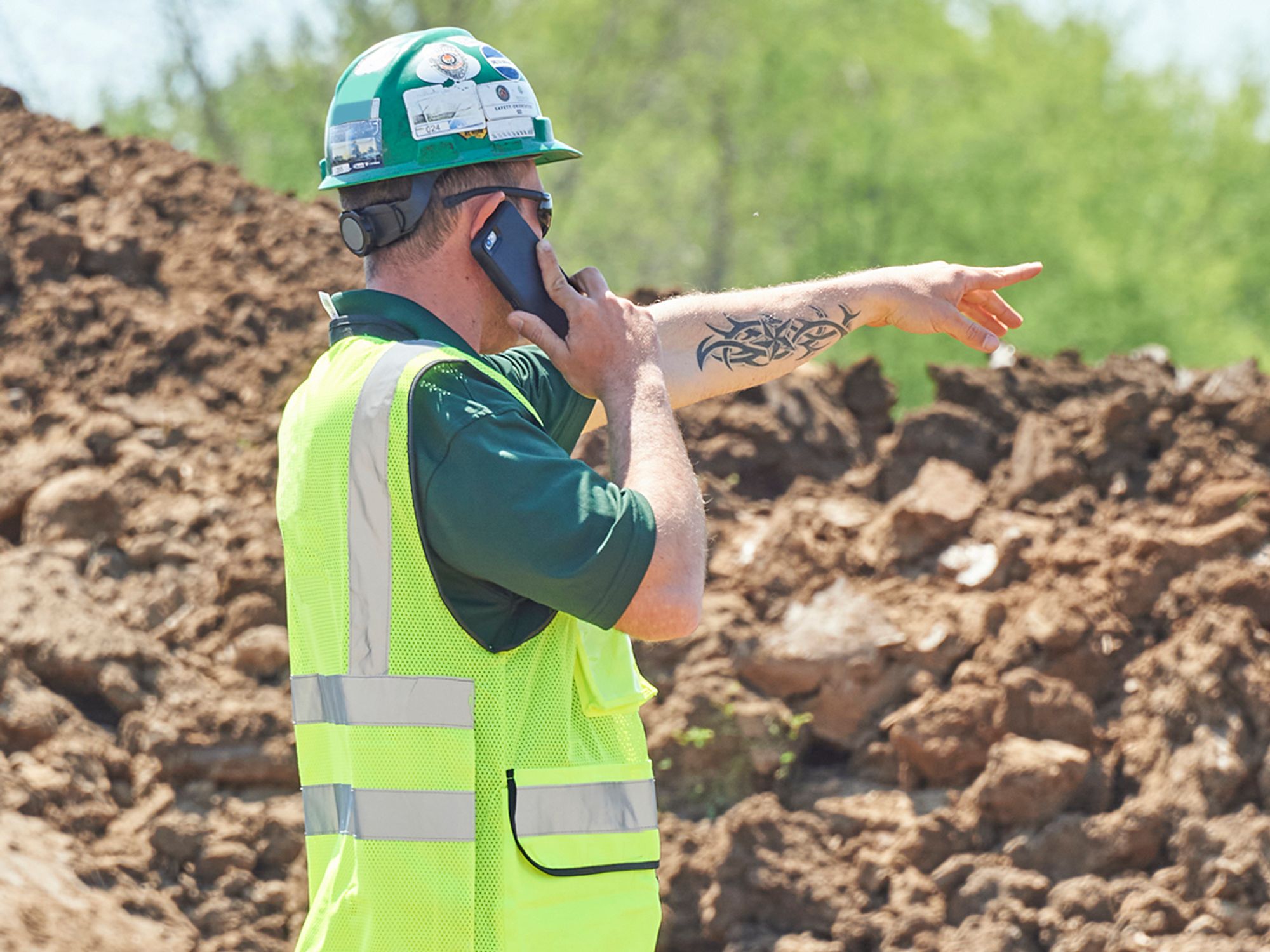Emergency communications

- Employers must have a plan in place to communicate with employees, local authorities, customers, and others in an emergency.
- Employers should encourage their employees to have a plan in place to communicate with family members during an emergency.
Employers should consider the functions needed to perform in an emergency and the communications systems needed to support those functions. This should include details on how the organization plans to communicate with employees, local authorities, customers, and others during and after an emergency situation.
Employees: Employers need to be prepared to provide employees with information on when, if, and how to report to work following an emergency. A telephone call tree, password-protected page on the company website, an email alert, or a call-in voice recording can be used to communicate with employees in an emergency. Messaging should be clear about how employees’ jobs may be affected.
Management: Top company executives should have all the relevant information they need for the protection of employees, customers, vendors, and nearby facilities.
Public: Organizations may need to update the general public about what resources are being used to protect workers and the community. The ability to communicate what plans are in place for recovery may be especially important.
Customers: Customers should be kept up to date on whether and when products will be received and services rendered.
Government: Officials need to be informed about what the company is prepared to do to help in the recovery effort. Local, state, and federal authorities need to understand what emergency assistance is needed for essential business activity to continue.
Other businesses/Immediate neighbors: Competing and neighboring companies may need a prompt briefing on the nature of the emergency so they may be able to assess their own threat levels.
Family communications. In an emergency, employees need to know whether their families are okay. This requires plans for communicating with employees’ families in an emergency.
Also, employers should encourage employees to:
- Consider how they would communicate with their families in case they are separated from one another or injured in an emergency.
- Arrange for an out-of-town contact for all family members to call in an emergency.
- Designate a place to meet family members in case they cannot get home in an emergency.
